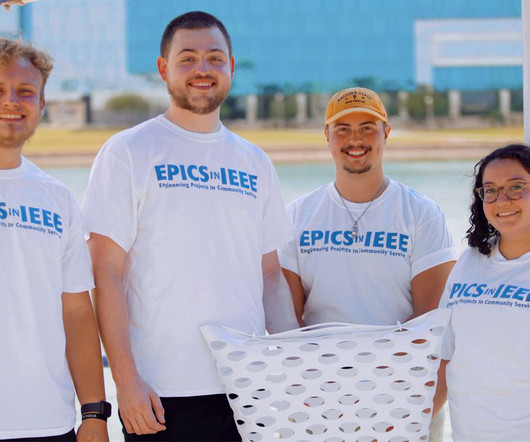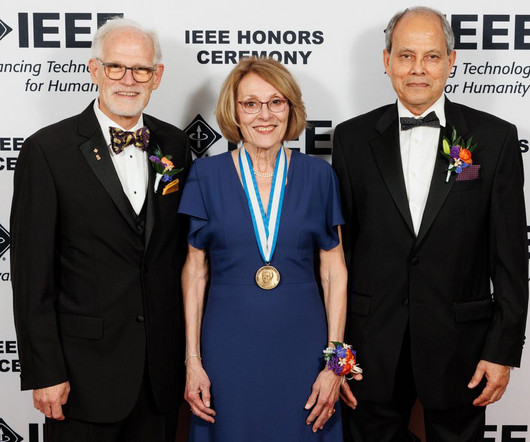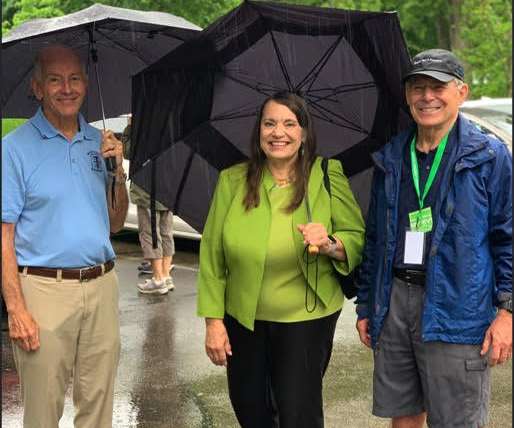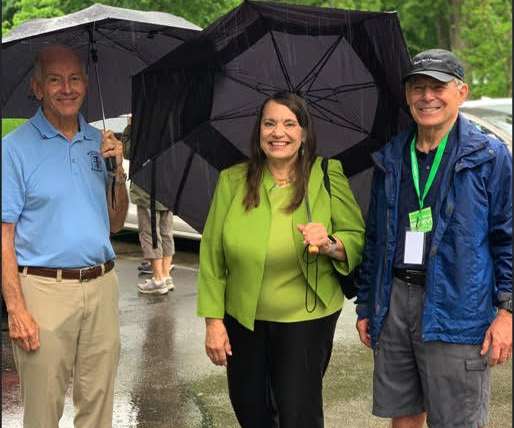Students Use Their Tech Know-How to Protect the Environment
Cars That Think
APRIL 20, 2023
To help find ways to address it through technology, EPICS in IEEE , in partnership with the United Engineering Foundation , launched the Environmental Competition last year. universities and colleges to use their engineering and technical skills to mitigate and address the impact of climate change in their communities.





















Let's personalize your content